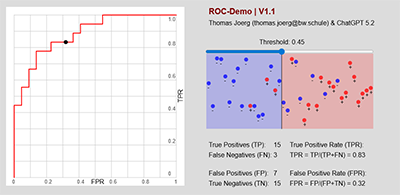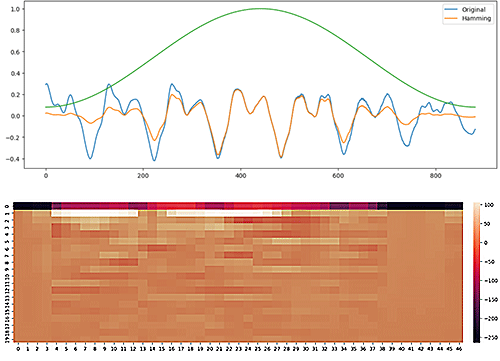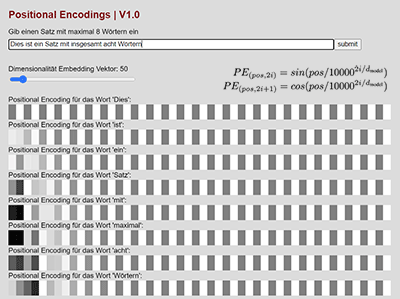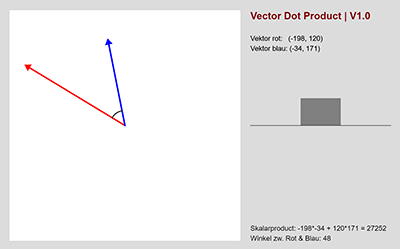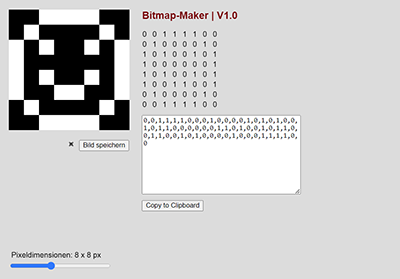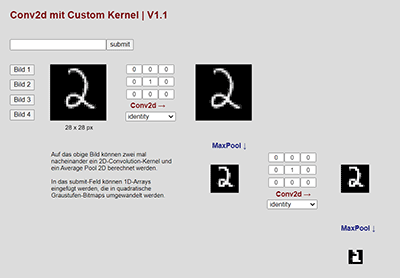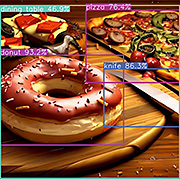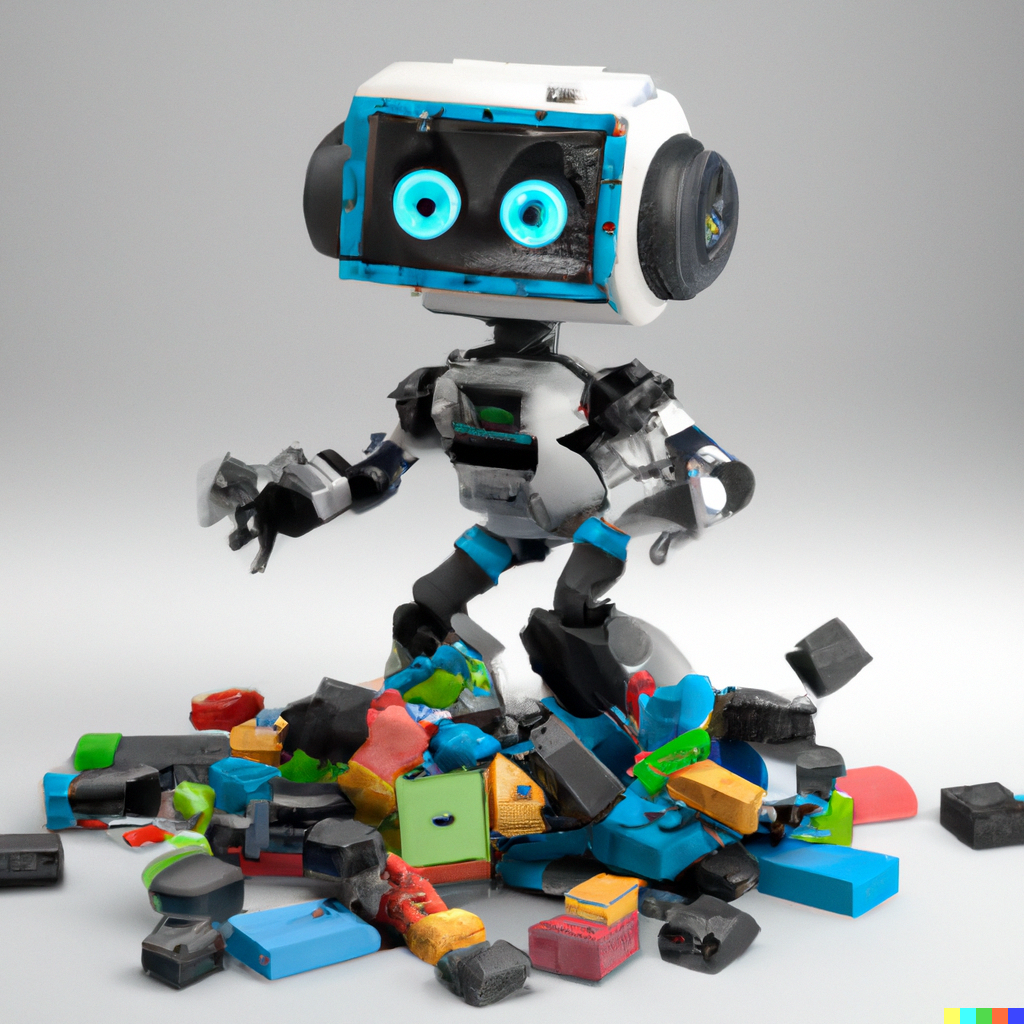Entscheidungsbaum online trainieren

Eine .csv-Datei hochladen und das trainierte Model als .h-Datei runterladen.
Passend zum Kurs: „KI auf dem Mikrocontroller, Teil 1″
Webseite: flexible_decision_tree_trainer.html
Beispieldaten: muster.csv
Voraussetzung: Label steht in der csv-Datei ganz rechts.
Einsatz von Sprachmodellen im Unterricht
Ideen für den Einsatz von Sprachmodellen wie z.B. der
GPT-4, Lama-405B oder Mistral im Schulunterricht.
Umgang_mit_KI_im_Unterricht: Generelle Ausarbeitung
Spickzettel für das Prompting: Prompting-Techniken
SmartCityDays’24 /LFB 886PL: SLMs lokal betreiben:
Hector-Seminar: MFCCs
Die Dateien aus dem Unterricht für die Audio-
Spracherkennung mit Neuronalen Netzen:
MFCC-Jupyternotebooks
Denken wie ein CNN: Conv2D & MaxPool
Unterrichtsidee für den Unterricht
Erprobt im Hector-Unterricht Kurs ‚ML für Mikrocontroller‘ und Inf-AG.
1. Bitmap erstellen
Klicke auf die schwarze Fläche und erstelle ein Bitmap
in Form einer 1D-Liste. Diese kann in die Zwischenablage
kopiert werden.
2. Jupyter-Notebook für Bitmaps aus 1D-Arrays
Aus den obigen Bitmaps mit numpy und OpenCV
einfach Bitmaps erstellen:
https://iludis.de/bitmapMaker/Simple_Bitmaps.ipynb
3. Grayscale-Bitmap im MNIST-Format erstellen.
Erstelle ein 255-Graustufen-Bild mit 28×28 Pixeln,
exportiere dessen Werte per Knopfdruck in die
Zwischenablage und füge sie ins Conv2D-Applet ein:
4. Optimale Convolution-Kernel entwickeln.
Wie in einem CNN: Teste verschiedene Convolution
Kernel aus, berechne ein MaxPooling(2,2) und finde
heraus, welche Pixelmuster man so bestimmen kann.
Autoencoder mit MNIST 14×14
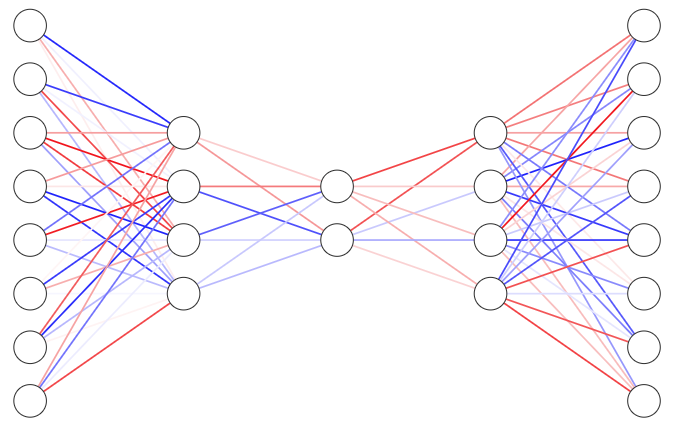
Autoencoder-Downloaddateien
Inf 4Stünder Abi-Training, Teil 2
Wiedereinstieg „Endliche Automaten und Formale Sprachen“
Bitte bis kommenden Montag an mich zurück:
JFLAP für die Bearbeitung der Aufgaben:
Lösungen:
Ueb_Inf4St_KW12_Do19Maerz_Loesun
